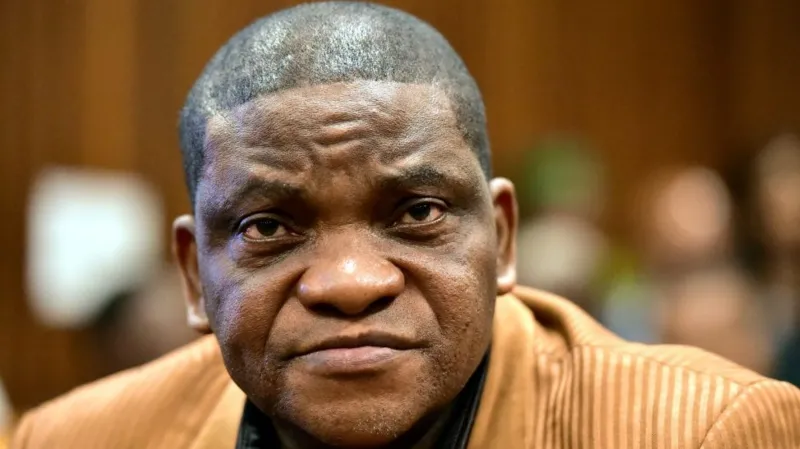In a high-profile case that captivated South Africa, Nigerian pastor Timothy Omotoso was acquitted of rape charges after spending eight years in jail. The ruling, which came in October 2023, highlighted the complexities of sexual assault allegations, legal procedures, and the ongoing discourse surrounding justice and faith.
Timothy Omotoso, the founder of the Jesus Dominion International church, was arrested in April 2017 following accusations made by several women who claimed he sexually abused them under the guise of spiritual mentorship. The allegations included multiple counts of rape, sexual assault, and human trafficking, with many claiming that they had been manipulated and coerced into sexual acts.
The case drew significant media attention, highlighting the intertwining of faith, power, and vulnerability. Prosecutors alleged that Omotoso exploited his influence over his congregants, wielding his position as a pastor to prey on vulnerable women. Testimonies of alleged abuse painted a harrowing picture, with many survivors bravely coming forward to recount their experiences.
However, after an extensive legal process, Judge Mandela Makaula ruled that the prosecution had failed to provide compelling evidence against Omotoso, leading to his acquittal. The judge cited inconsistencies in the testimonies of witnesses and a lack of physical evidence, which raised reasonable doubt. Makaula’s decision underscored the principle of “innocent until proven guilty,” a cornerstone of the legal system that has been the subject of debate in high-stakes sexual assault cases.
Throughout the trial, Omotoso maintained his innocence, asserting that the charges were fabricated as part of a conspiracy against him and his ministry. His supporters rallied around him, emphasizing his contributions to the community and advocating for his release. The pastor’s acquittal sparked mixed reactions across the country, with many expressing relief and others voicing outrage over the perceived failures of the justice system to protect victims of sexual violence.
The case of Timothy Omotoso raises broader questions about how the legal system handles sexual assault allegations, particularly in cases involving prominent figures. Critics argue that the acquittal reflects a systemic issue where victims’ voices are often marginalized, leading to a culture of silence around sexual abuse. Moreover, the case underscores the challenges faced by survivors in navigating legal proceedings that can be lengthy, daunting, and emotionally taxing.
In the aftermath of the acquittal, advocates for survivors of sexual violence have renewed calls for reforms in the judicial system and more robust support for victims. They argue that while the legal principle of due process must be upheld, there needs to be a balanced approach that also prioritizes the experiences and voices of survivors, ensuring they feel safe and supported in coming forward.
As Omotoso prepares to reintegrate into society, the broader implications of the case linger. It serves as a critical moment for the South African legal system and society, prompting discussions on accountability, faith, and the
Email Us on editorial@nnafrica.com













